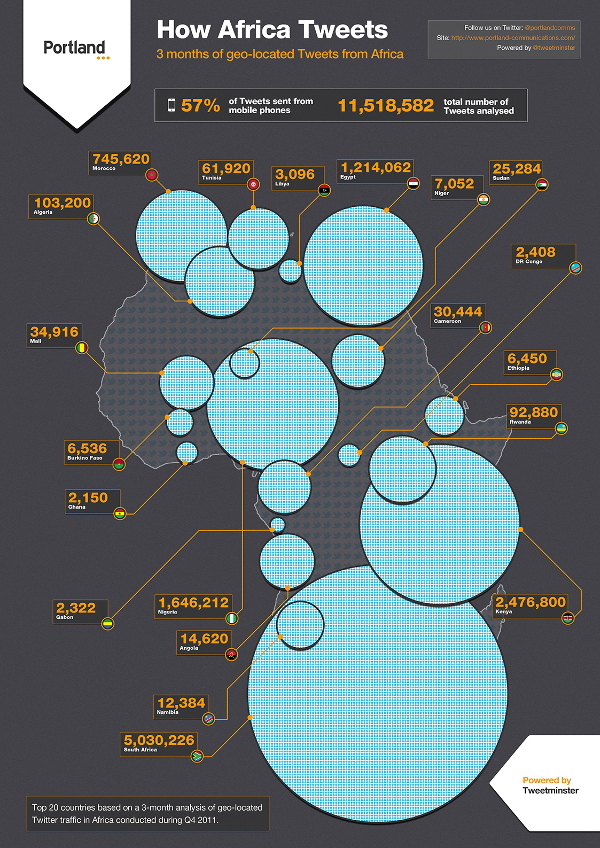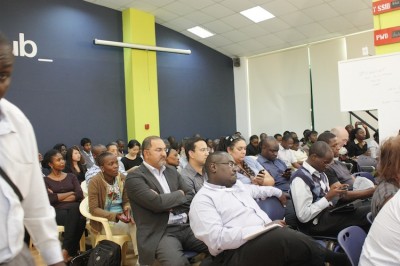Author: Property and Home Living Expo. ©All Rights Reserved
Nairobi’s
biggest Property exhibition, Property and Home living Expo, scheduled for February 21st -24th, 2013 at the Sarit Centre Exhibition
Hall. The exhibition, whose theme is “Real Estate as an Investment
opportunity in 2013 and beyond seek to promote and popularize Property
investments in Kenya.
Property and Home living Expo continues to attract droves of visitors as the future brightens for investors in property as the quest for decent homes among the working middle class intensifies.
Several firms have signed up for participation, as the expo which will feature displays and discussions on both Residential and Commercial property investments with experts in the various fields. In Kenya, Knight Frank employs over 90 office staff and provides services in the commercial, retail and residential markets in Nairobi and Mombasa. Ben Woodhams, Managing Director, together with Maina Mwangi, Executive Director, are responsible for co-ordinating the services lines of property management, agency, valuation, project management, feasibility and research led consultancy. http://www.knightfrank.co.ke
Participating as an exhibitor at The Property and Home living Expo, 2013 will enable you to visually promote your investment or development opportunities and services to the wealthiest and most liquid group of investors who are regular at the venue always checking what’s new in the market.
This year’s expo featured between 5,000 and 6,000 VISITORS and the organisers, Primedia Ltd, are optimistic that next year’s event will register a 10-20 per cent increase in attendance.
Property and Home living Expo 2013 has partnered with several media houses to promote the 2013 Expo which includes Standard News Papers, Asian Weekly Focus on Property Magazine, KTN TV, Capital Fm Radio and East FM Radio.
Roadside banners, foot stickers at the venue, Good Discount via incentives like branded pens, hand bags, Caps, T-shirts during the Expo are part of extra marketing campaign to target the additional 10-20% visitor’s increase.
Property and Home living Expo in its 11th year is all geared up to become a national and regional platform for property development and blessed by the Ministry of Housing since its inception.
Kenyans are moving towards property ownership due to the need self achievement and satisfaction that comes with being in charge of your own little corner of the world.
The pride of home ownership is the greatest benefit of all when it comes to owning a home and the feeling of accomplishment, safety and security that result from home ownership cannot be matched by any other purchase or investment. The event provides a rare opportunity for aspiring home owners to invest today for a better tomorrow when viewing in person the best products available in the market and consult experts in finance, housing industry, all under roof.
“This year’s EXPO, more than any year before will be working to highlight the very best investment options in the market, covering almost all of the nation’s major new housing developments in low, medium and high cost housing and offices,” he said.
The EXPO last year drew over 12,000 visitors reflecting the growing high-level interest in the country’s property market, and as a first hand option of viewing numerous ongoing and new projects announced.
The Exhibitor will come from prominent players in building and construction, mortgage and valuation, property facilities, Financiers, Landscaping, agency project management, Paint companies, Insurance, etc.
Contact: Organised by: Primedia Ltd, Contact Person: Herman Shadeya,
Property and Home living Expo continues to attract droves of visitors as the future brightens for investors in property as the quest for decent homes among the working middle class intensifies.
Several firms have signed up for participation, as the expo which will feature displays and discussions on both Residential and Commercial property investments with experts in the various fields. In Kenya, Knight Frank employs over 90 office staff and provides services in the commercial, retail and residential markets in Nairobi and Mombasa. Ben Woodhams, Managing Director, together with Maina Mwangi, Executive Director, are responsible for co-ordinating the services lines of property management, agency, valuation, project management, feasibility and research led consultancy. http://www.knightfrank.co.ke
Participating as an exhibitor at The Property and Home living Expo, 2013 will enable you to visually promote your investment or development opportunities and services to the wealthiest and most liquid group of investors who are regular at the venue always checking what’s new in the market.
This year’s expo featured between 5,000 and 6,000 VISITORS and the organisers, Primedia Ltd, are optimistic that next year’s event will register a 10-20 per cent increase in attendance.
Property and Home living Expo 2013 has partnered with several media houses to promote the 2013 Expo which includes Standard News Papers, Asian Weekly Focus on Property Magazine, KTN TV, Capital Fm Radio and East FM Radio.
Roadside banners, foot stickers at the venue, Good Discount via incentives like branded pens, hand bags, Caps, T-shirts during the Expo are part of extra marketing campaign to target the additional 10-20% visitor’s increase.
Property and Home living Expo in its 11th year is all geared up to become a national and regional platform for property development and blessed by the Ministry of Housing since its inception.
Kenyans are moving towards property ownership due to the need self achievement and satisfaction that comes with being in charge of your own little corner of the world.
The pride of home ownership is the greatest benefit of all when it comes to owning a home and the feeling of accomplishment, safety and security that result from home ownership cannot be matched by any other purchase or investment. The event provides a rare opportunity for aspiring home owners to invest today for a better tomorrow when viewing in person the best products available in the market and consult experts in finance, housing industry, all under roof.
“This year’s EXPO, more than any year before will be working to highlight the very best investment options in the market, covering almost all of the nation’s major new housing developments in low, medium and high cost housing and offices,” he said.
The EXPO last year drew over 12,000 visitors reflecting the growing high-level interest in the country’s property market, and as a first hand option of viewing numerous ongoing and new projects announced.
The Exhibitor will come from prominent players in building and construction, mortgage and valuation, property facilities, Financiers, Landscaping, agency project management, Paint companies, Insurance, etc.
Contact: Organised by: Primedia Ltd, Contact Person: Herman Shadeya,









